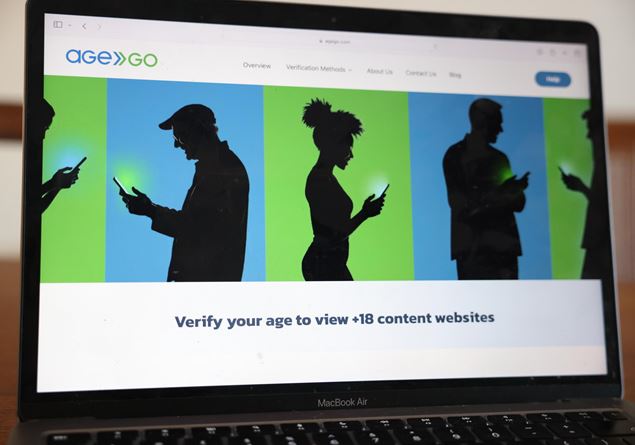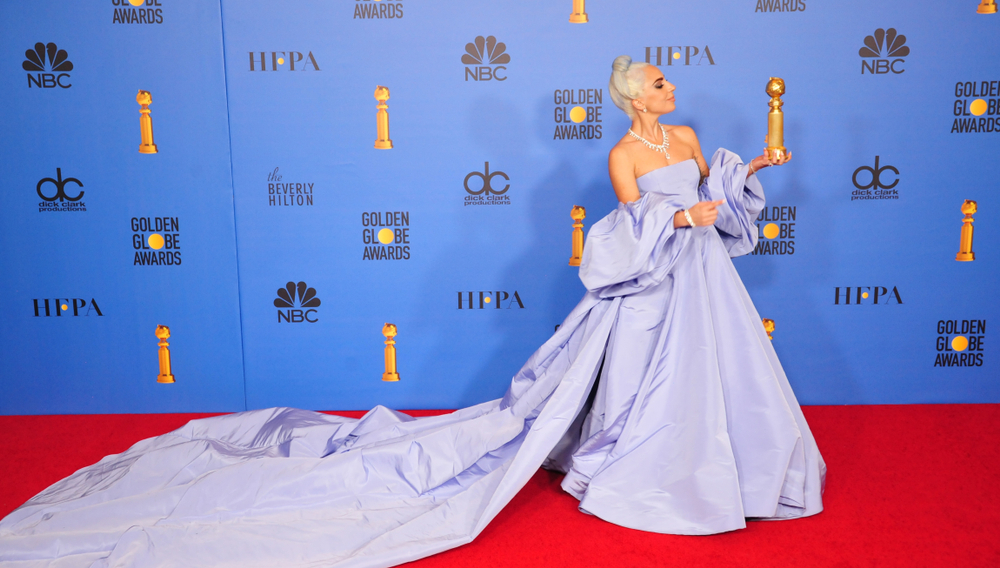Joey Barton Convicted: Free Speech, Legal Boundaries, and the Financial Stakes of Social Media Policing
The Verdict That Shook the UK
Former footballer Joey Barton, renowned for his outspoken presence on social media, has been convicted on six counts of posting ‘grossly offensive’ messages, including remarks about female football pundits Eni Aluko and Lucy Ward. The Liverpool Crown Court ruling, under the 2003 Communications Act, has sparked an immediate national debate about the limits of free expression in modern Britain.
Barton, once a Premier League midfielder and now a high-profile podcaster, has faced growing scrutiny over his posts on X (formerly Twitter), some of which used provocative imagery and language to critique commentators’ football expertise. While some of his posts were cleared of legal wrongdoing, others including claims that female pundits were on TV “only to tick boxes” led to his conviction.
“This case highlights the growing tension between free speech and legal accountability online,” said Professor Ian Walden, a specialist in media and communications law at Queen Mary University of London. “It raises questions for both users and platforms about the boundaries of expression.”
The Free Speech Implications
The Barton case has ignited discussion about whether the UK is drifting towards over-regulation of social commentary. Legal experts warned that broad interpretation of ‘grossly offensive’ material could create chilling effects, discouraging online engagement and robust debate. Social media users may self-censor to avoid potential prosecution, potentially stifling legitimate criticism and commentary in sports and beyond.
The wider financial impact is also significant. Social media platforms could face increased legal compliance costs and risk management expenditures, including content monitoring systems, legal teams, and insurance against user-generated content liabilities. Analysts suggest that a rise in such convictions could influence investor sentiment, particularly for publicly traded platforms relying on user engagement.
“Companies must carefully balance moderation policies with freedom of expression, as excessive restrictions can lead to reputational damage and shareholder concerns,” commented Dr. Emily Ross, a digital economics analyst at Oxford Economics.
Eni Aluko
Financial Stakes for Social Media and Public Discourse
Barton’s conviction demonstrates how individual legal cases can ripple across the digital economy. Platforms like X, Meta, and TikTok, which monetize engagement through ads and subscriptions, could see revenue affected if users reduce posting due to fear of prosecution. Legal challenges of this kind also elevate operational costs, with platforms needing dedicated teams to handle takedown requests, court notices, and potential compensation claims.
From a macro perspective, the UK’s evolving regulatory framework introduces uncertainty for tech investors, who must factor in compliance costs and litigation risks. According to CEO Today analysis, the financial implications of online speech policing could run into millions annually for large-scale social platforms, particularly if enforcement actions increase.
Barton, Public Reaction, and Cultural Debate
The case has divided opinion. Supporters argue that Barton was simply exercising free speech and calling out what he perceives as tokenistic hiring practices, while critics emphasize that targeted harassment and offensive content have tangible social harms. The conviction has amplified discussions on diversity, equity, and inclusion (DEI) in media, and whether commentary that questions qualifications crosses legal thresholds.
Public figures, including journalists and legal commentators, have highlighted the broader societal stakes: if courts increasingly police offensive speech, individuals, brands, and corporations must reconsider how they communicate online, including marketing and PR strategies that involve commentary or critique.
Legal and Financial Lessons for Businesses
For executives and CEOs, Barton’s case is more than a free speech story; it’s a cautionary tale for corporate communications and brand management. Companies must develop clear social media guidelines, risk assessment protocols, and staff training to navigate potential liabilities. The financial exposure from legal challenges, reputational damage, or fines can be significant, affecting stock performance, investor confidence, and long-term brand equity.
“Organizations cannot ignore the legal ramifications of digital communications,” said Sarah Green, partner at the international law firm Pinsent Masons. “Policies and oversight are critical to prevent costly litigation and reputational loss.”
What’s Next
Joey Barton is set to face sentencing in the coming weeks, and the case is likely to influence both public debate and corporate policy on social media governance. For businesses and social platforms, this represents a new frontier in balancing engagement, freedom of expression, and legal compliance—a complex landscape where financial prudence and legal foresight are increasingly intertwined.











